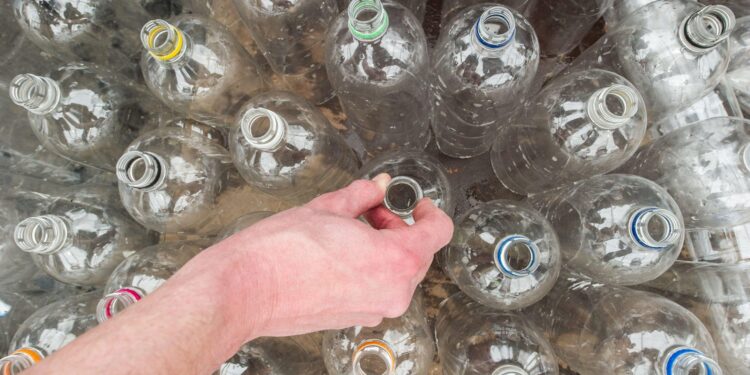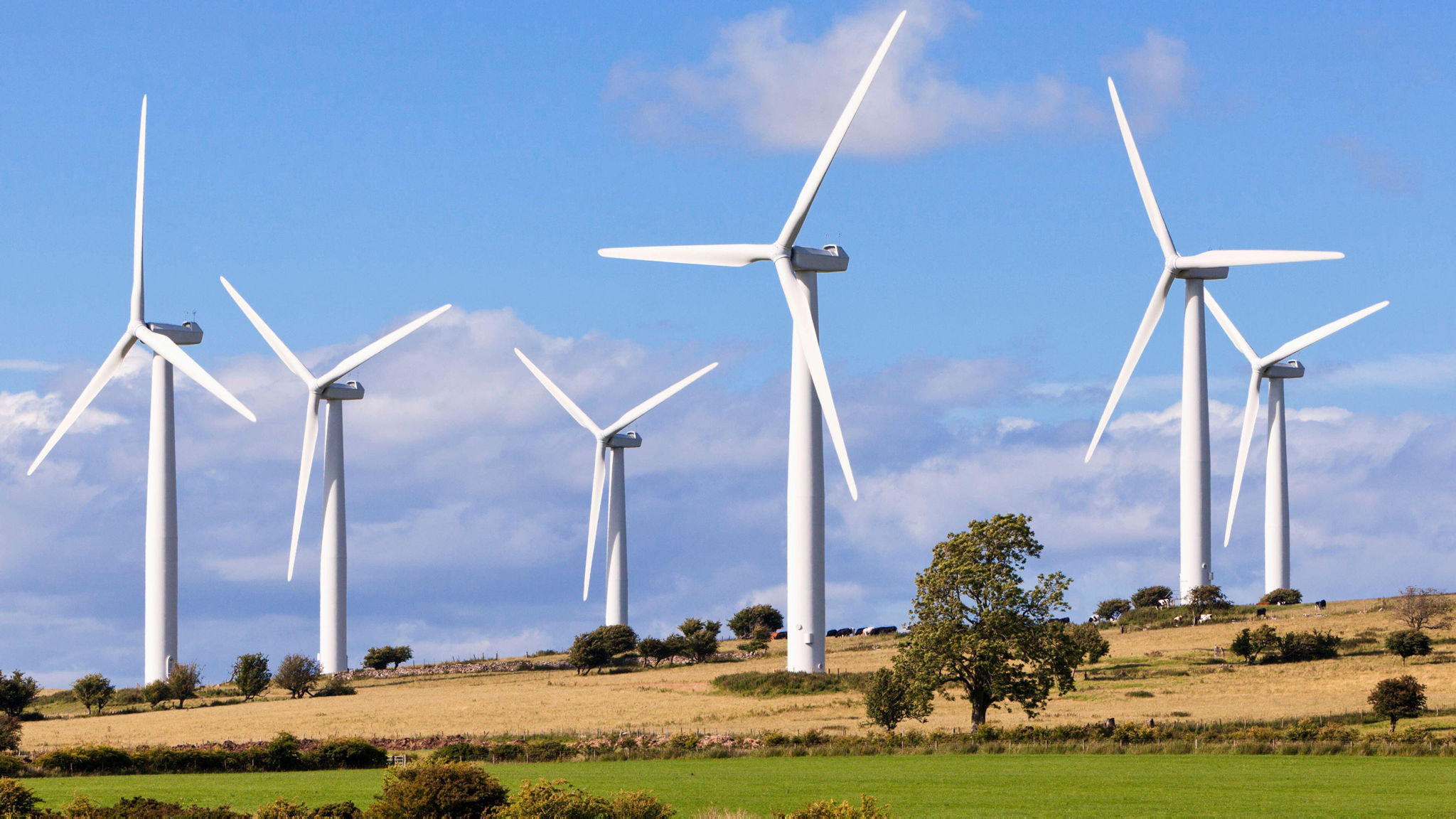The British Retail Consortium warns that the Government’s new bottle recycling scheme could cost retailers £1.8 billion annually, with consumers likely to bear the brunt of the costs. The Telegraph has the story.
The Government’s flagship bottle recycling scheme will cost companies ten times the amount that officials previously claimed, industry analysis suggests.
According to calculations by the British Retail Consortium (BRC), the planned deposit system for the purchase of drinks bottles and cans will cost retailers at least £1.8 billion a year.
Much of the cost is likely to be passed on to consumers in the form of higher prices, prompting calls for the scheme to be delayed or even scrapped.
The BRC said its analysis highlighted the need for a delay to “rethink” current plans in order to “prevent the introduction of an unnecessarily complex and costly scheme”.
It comes after a separate scheme to charge retailers and manufacturers for the cost of councils recycling their packaging was delayed by ministers, following concerns raised by retailers and MPs over the likely impact on the cost of household goods.
In the Government’s official impact assessment for the Deposit Return Scheme (DRS) – seen by the Telegraph – the annual cost was estimated to be £171 million a year back in 2019.
However, analysis from the BRC, which represents major supermarkets, suggests that the annual cost to the retail industry will be at least £1.8 billion a year from 2025, a figure ten times that amount.
The scheme includes special ‘reverse vending machines’ to be installed in shops for consumers to return plastic bottles and drinks cans and receive their cash back, with costs to the industry including ensuring the machines are protected from the elements or criminals as well as those associated with storage and logistics of returned bottles.
The BRC believes that the costs to the industry will rise even further, as their calculations do not include the cost from the industry to set up an industry body to run the scheme, the cost of which they say would run into the hundreds of millions.
Craig Mackinlay, who chairs the Net Zero scrutiny group of Conservative MPs, said: “The Deposit Return Scheme, although laudable in its intent to increase recycling and minimise plastic waste, comes with a considerable price-tag.
“The cost will simply be added to prices and so will be inflationary. As ever it will hit the poorest hardest. The current delay is welcome, a permanent scrapping of the whole idea would be even more so.”
The scheme, along with the delayed Extended Producer Responsibility (EPR) scheme, was devised by the then-Environment Secretary Michael Gove to help the U.K. to reduce waste and was billed as helping Britain meet its Net Zero target.
The BRC said that “margins remain slim” on produce and have “significantly tightened in the last year”, which meant that “while retailers may be able to absorb some of the costs of implementing these new policies, it is inevitable that introducing EPR and DRS together would place upward pressure on consumer prices”.
Worth reading in full.












To join in with the discussion please make a donation to The Daily Sceptic.
Profanity and abuse will be removed and may lead to a permanent ban.
I can afford to throw away the deposit and contaminate recycling everywhere that I go.
Round our way we used to have a crate for glass, another for plastic bottles and tins and another container for card and paper. (I think). Many people found this too difficult or tiresome and just chucked everything in the one bin. We currently have a recycling bin for glass, plastic, tins, cardboard etc and a waste bin and some people still find this too difficult/tiresome.
So next we’re going to be asked to put the bottles and tins in a reverse vending machine at the supermarket for a few pennies? Yeah, that’ll work. /sarc
Or it’s like our area where once you carefully sort your recycling it all goes in the same truck and people quickly realised there was no point
£1.8 Billion a Year – don’t worry it’s only money, our money
Net Zero will bankrupt small business
The SNP tried this and it’s been an expensive farce. Lessons clearly not learned.
The lesson they could have learnt was that their good ideas are completely removed from the domestic and industrial realities that are needed to make this work…If they had any notion of what is entailed to reprocess some of this stuff, they would have realised that it is financially and logistically prohibitive to do so. Another thing they spout about is single use items, bags and bottles, without a mention of their own regulations that prohibit the reuse of these items. The SNP trial was a complete success in as much as it proved without a doubt that the governments, provincial, and national have no idea of the realities of life outside of their safe little bubbles.
This is yet another con for extra cash. Recycling materials can earn significant cash for councils, if they do it properly and sell stuff correctly. Most cannot be bothered to do it properly, because it needs significant investment in sorting machines and staff who care. They take paper, cardboard etc, which has value, metals which have value, glass which if actually recycled properly (colour sorted) has value, and plastics, again which are valuable if sorted properly into the correct types. They could get a lot more metal and plastic but reject anything which is not food packaging for some reason, again because they cannot be bothered. There is plenty of market for PVC, PET, polystyrene and others if clean and sorted. Plastics are very good fuel too, so there is no excuse not to collect every possible scrap, even if it is burnt for electricity production.